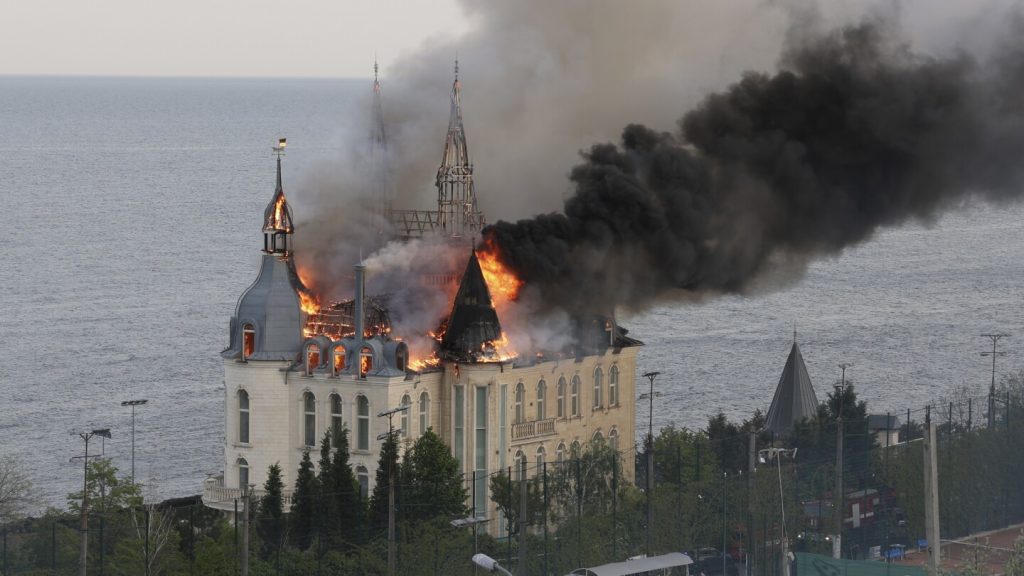NATO countries have failed to deliver promised support to Ukraine on time, allowing Russia to make advances on the battlefield, according to NATO Secretary-General Jens Stoltenberg. Ukraine’s troops have been outgunned and struggled to fend off Russian forces, leading to tactical retreats and losses. The lack of ammunition, air defense, and deep strike capabilities has allowed Russia to push forward along the front line.
Despite promises from Western partners to support Ukraine, political delays in Washington and limited military hardware production in Europe have hindered the delivery of crucial military aid. Ukraine is now racing to deploy new supplies to counter the Russian advance and defend against drone and missile attacks. President Volodymyr Zelenskyy has called for the speed-up of this process as Western supplies trickle in slowly.
Russian forces continue to launch attacks on cities across Ukraine, resulting in casualties and destruction. The recent missile strike on residential buildings in Odesa left at least four people dead and 27 injured. Russia, with greater resources, has also received weapons support from Iran and North Korea. The conflict in Ukraine is described as an artillery duel, with conditions being set for one side to gain a military advantage.
While the front lines have not seen significant movement, Russian forces have made incremental gains, especially in the Donetsk region. The Pentagon acknowledges these gains, attributing them to a delay in congressional approval for additional spending. NATO has pledged to provide more weapons and ammunition to Ukraine, including Patriot missile systems for defense. Ukrainian officials warn of a potential major summer offensive by Russia, despite only incremental gains at the moment.
The strategically important town of Chasiv Yar is being targeted by Russian forces, aiming to advance further into the Donetsk region. The Donbas region, which includes Donetsk and Luhansk, has been at the center of separatist fighting since 2014. Russia’s invasion has targeted these areas, with Putin setting his sights on the industrial region. Meanwhile, the first British royal, Sophie, Duchess of Edinburgh, visited Ukraine to show solidarity with those impacted by the war and champion survivors of conflict-related sexual violence.
The situation in Ukraine remains precarious as Russian forces continue to close in on key areas, while Ukraine and its Western allies work to bolster defenses and counter Russian aggression. The delivery of critical military aid is crucial in helping Ukraine prevent further advances and defend against attacks. The conflict in Ukraine has seen setbacks and delays, but efforts are being made to ensure that Ukraine receives the support it needs to withstand Russian aggression.


